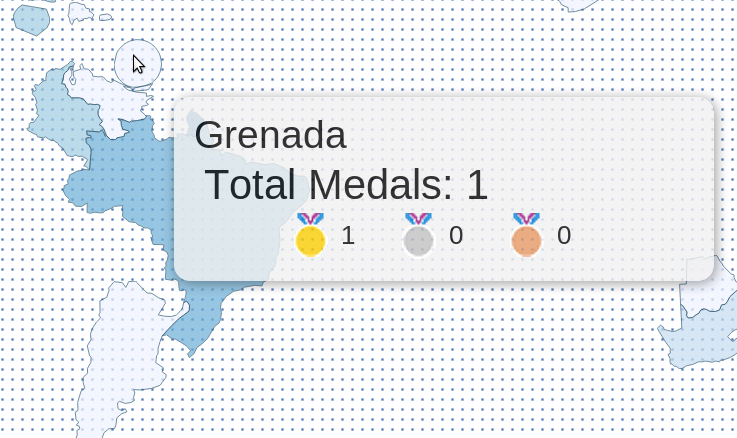I recently decided to drop ftools.ca, since I hadn’t updated it in a very long
time, and it was really just costing me money to keep a ‘dead’ website up and
running. Additionally, with the new QGIS plugin infrastructure,
hosting my own plugins (the website’s primary purpose) was no longer needed.
The site has served me well for many years, and really helped get fTools (the
plugin) into the QGIS core codebase. The website has served its purpose, and
now that I have very little involvement with fTools and the QGIS Processing
Toolbox that is poised to replace it, I’m moving on: ftools.ca is dead, long
live ftools.ca!
However, now that QGIS 2.0 has rolled out, it seems that at least one part of ftools.ca is missed: my old cartogram plugin. If I have some spare time, I’ll try to update the plugin to the latest and greatest QGIS 2.0 standards and upload it to the new QGIS plugins system. In the mean time, for those out there who would like to use it right away, you can get the original code from here or grab it from github. In fact, if someone is able and willing, they can grab the code from github, update it for QGIS 2.0, and submit a pull request which I will (more than likely) happily accept.

